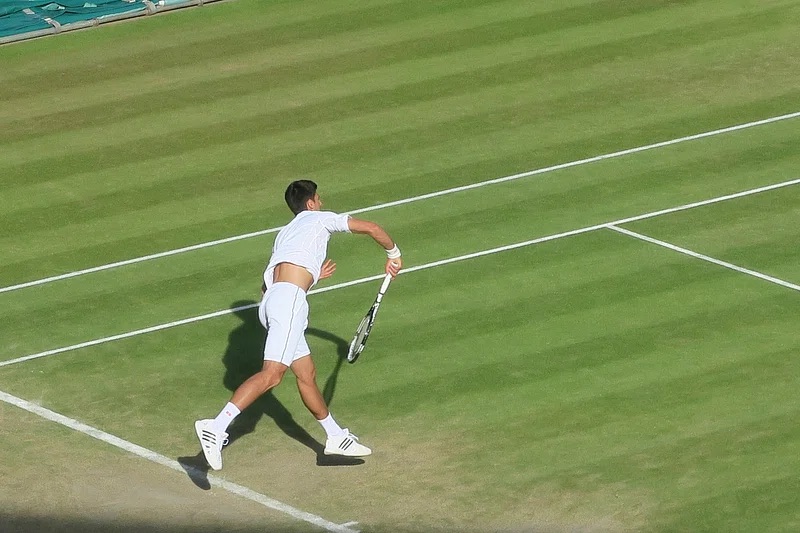This year marks Wimbledon’s first time replacing human line judges with an electronic line calling system (ELC), stirring mixed reactions among players. The prestigious tournament, still underway, has drawn criticism from some athletes over the new AI technology responsible for deciding whether a ball is in or out.
Several players have pointed out instances where the AI made questionable calls that cost them points. British star Emma Raducanu notably criticized the system for failing to call a ball out, which her opponent had hit wide. Television replays confirmed the ball was indeed out. Similarly, British No. 1 Jack Draper expressed doubts about the AI’s accuracy, stating it was not “100 percent accurate.”
Technical Glitches and Accessibility Issues
Other issues include technical glitches and accessibility concerns. Player Ben Shelton was urged to speed up a match as the AI system risked shutting down due to fading daylight. Additionally, some players struggled with the automated speaker system’s volume, and a deaf player highlighted the lack of human hand signals, making it hard to track point outcomes.
A notable malfunction occurred during a recent match between British player Sonay Kartal and Russia’s Anastasia Pavlyuchenkova. The AI failed to call a ball out, prompting the umpire to halt play and order a point replay. Wimbledon later apologized, citing “human error” when the system was accidentally turned off mid-match. Adjustments have since been made to prevent similar incidents.
Debbie Jevans, chair of the All England Club, defended the move to AI, reminding critics that calls for electronic line judging predated human line judges due to its superior accuracy compared to other tours.
Ongoing Debate on AI vs. Human Judgment
This isn’t the first time AI line calling technology has faced scrutiny. German player Alexander Zverev highlighted a similar error in April, sharing evidence of the system calling a clearly out ball in.
The ongoing debate underscores the challenges in fully replacing human judgment with AI. It suggests a hybrid approach, blending human oversight with automated precision, may better serve sports and other industries embracing AI. Notably, companies like Klarna recently reversed automation trends, choosing to hire human workers after pursuing automated solutions.
What The Author Thinks
The Wimbledon AI line judge controversy highlights an important lesson—while AI offers impressive precision, it still struggles with the nuances and unpredictability of real-world situations. Relying solely on AI can risk alienating users and causing errors that affect fairness. A balanced approach that integrates AI’s strengths with human intuition and oversight is the most practical path forward for sports and beyond.










